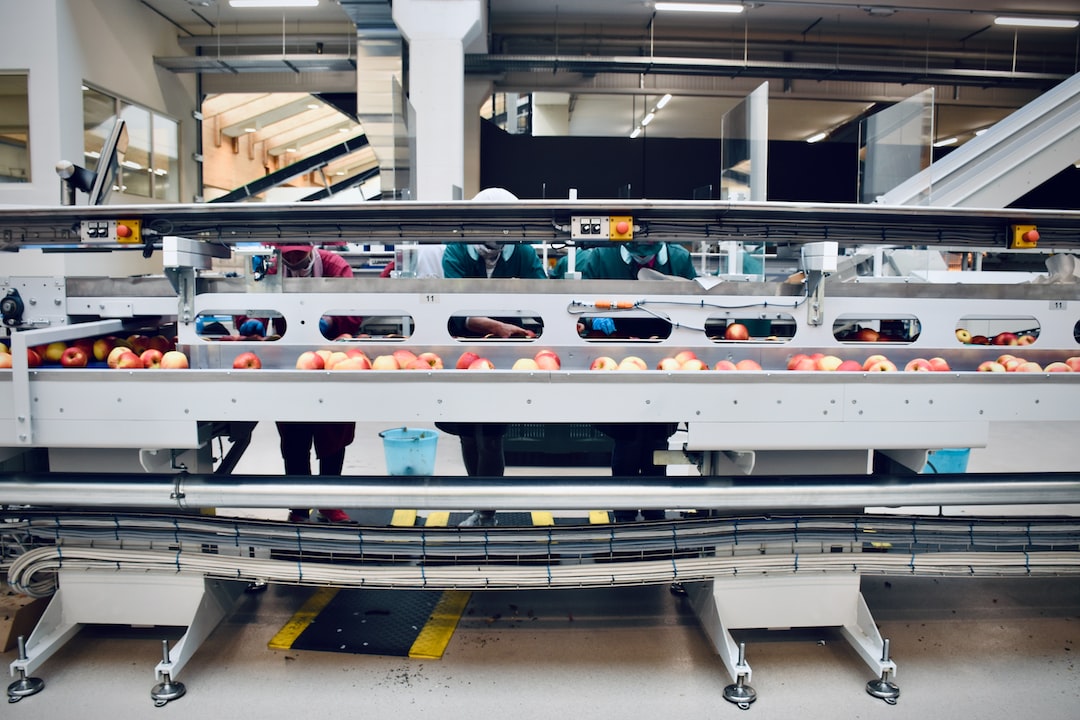The Fourth Industrial Revolution, also known as Industry 4.0, is a new era of technological advancement that brings together various technologies to enhance productivity, automation, and interconnectivity. This new era is changing the status quo of how businesses operate and deliver their services to customers. One of the key technologies that are driving this revolution is Artificial Intelligence (AI).
AI is an area of computer science that focuses on the creation of intelligent machines that can work and think like humans. These machines use cognitive processes such as learning, reasoning, and perception to make decisions and perform tasks that would typically require human intelligence. With AI, Industry 4.0 is ushering in a new era of smart factories, intelligent supply chains, and autonomous systems.
In the manufacturing industry, AI is used to improve the efficiency of production processes, reduce defects, and enhance product quality. The technology is also used to optimize the allocation of resources, predict maintenance needs, and prevent downtime. With AI, manufacturers can analyze vast amounts of data to make accurate predictions, make better decisions, and streamline their operations to achieve higher levels of productivity and profitability.
AI is also transforming the supply chain industry by enhancing the management of logistics, inventory, and distribution. By connecting systems across the supply chain, AI makes it possible to achieve a seamless flow of information, products, and services. The technology can also track inventory, forecast demand, and optimize routing and delivery to ensure timely and efficient delivery of goods to customers.
In the financial services industry, AI is used to analyze data and detect fraud, making transactions secure. AI-powered chatbots and virtual assistants assist customers in solving their queries, enhancing their experience. AI can also manage and predict market trends and provide insights into investments that can help investors make better-informed decisions.
AI has numerous applications in transportation. Self-driving cars, trucks, and buses have become a reality with the help of AI technology. The technology enhances the safety and efficiency of the vehicles, reduces traffic congestion, and eliminates human error, which is a significant cause of accidents.
One of the most significant benefits of AI is that it can automate repetitive tasks, freeing up employees to do more valuable work. This results in a more satisfied workforce that can focus on creative, challenging, and fulfilling work. With the advent of Industry 4.0, AI, and automation, the role of workers will shift from performing repetitive and mundane tasks to higher-level tasks, such as problem-solving, brainstorming, and collaborating with colleagues.
In conclusion, AI has played a significant role in driving Industry 4.0. The technology has enabled businesses to achieve improved production efficiency, enhanced customer experience, reduced costs, and increased profitability. 4.0 consulting plays an essential role in helping businesses realize the potential of AI technology in their operations. As AI continues to evolve, it will become even more critical to the success of businesses in the Industry 4.0 era.

